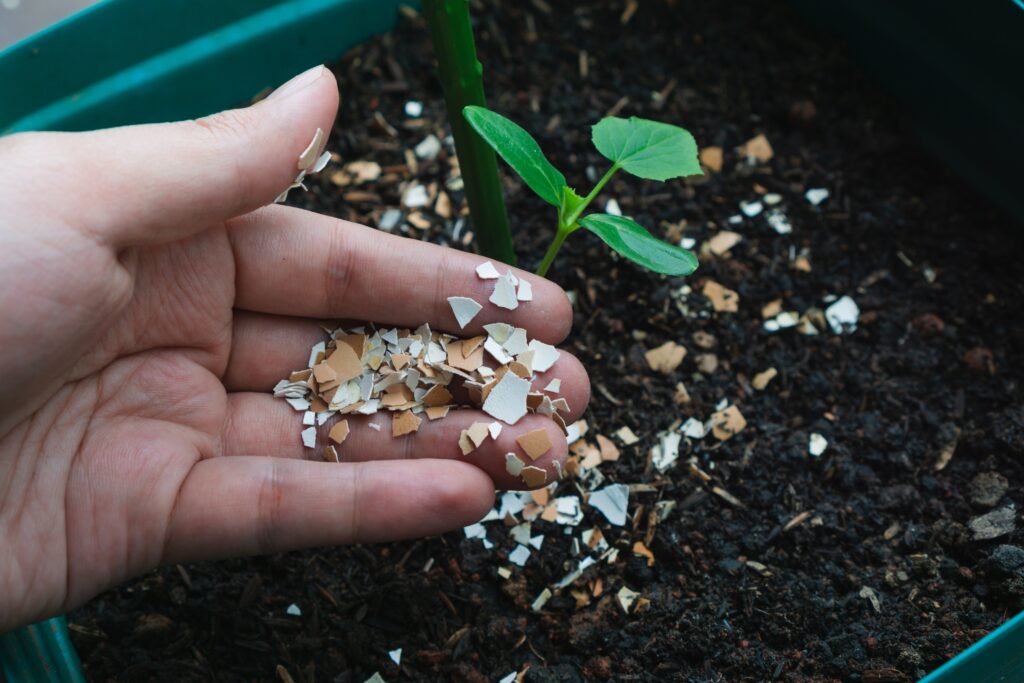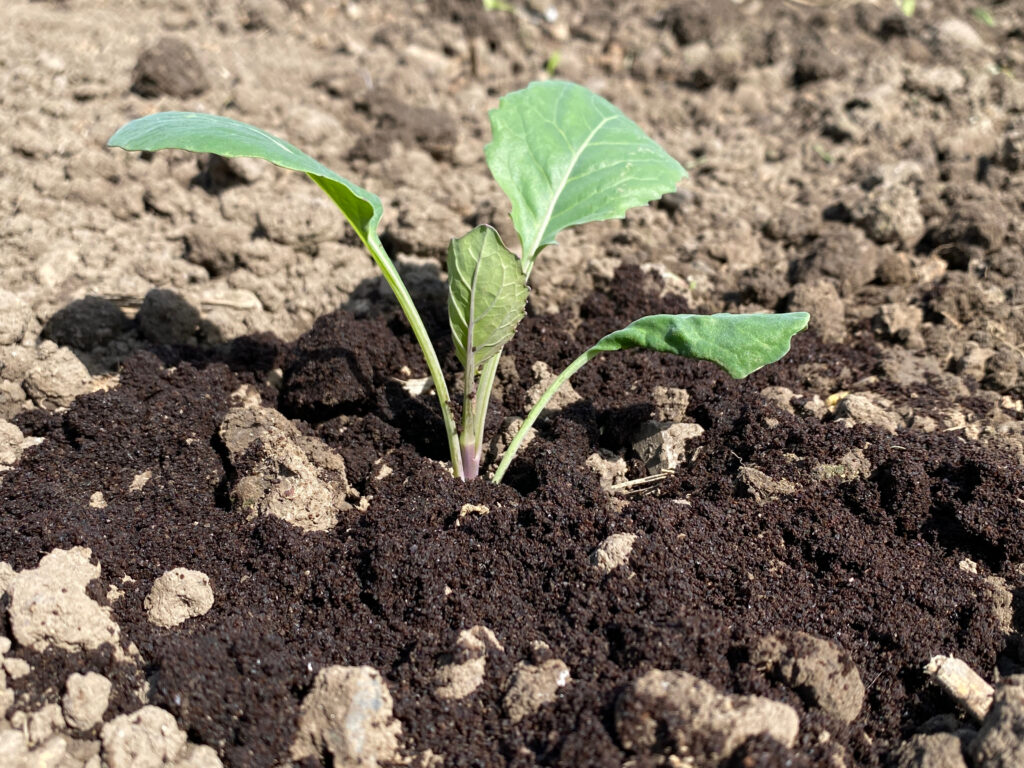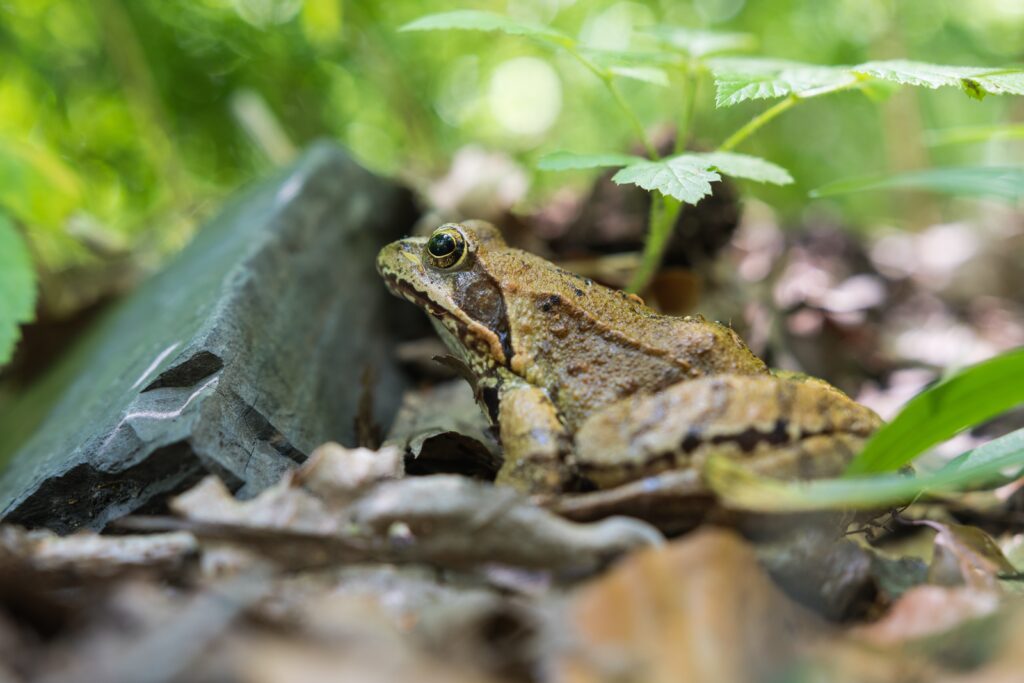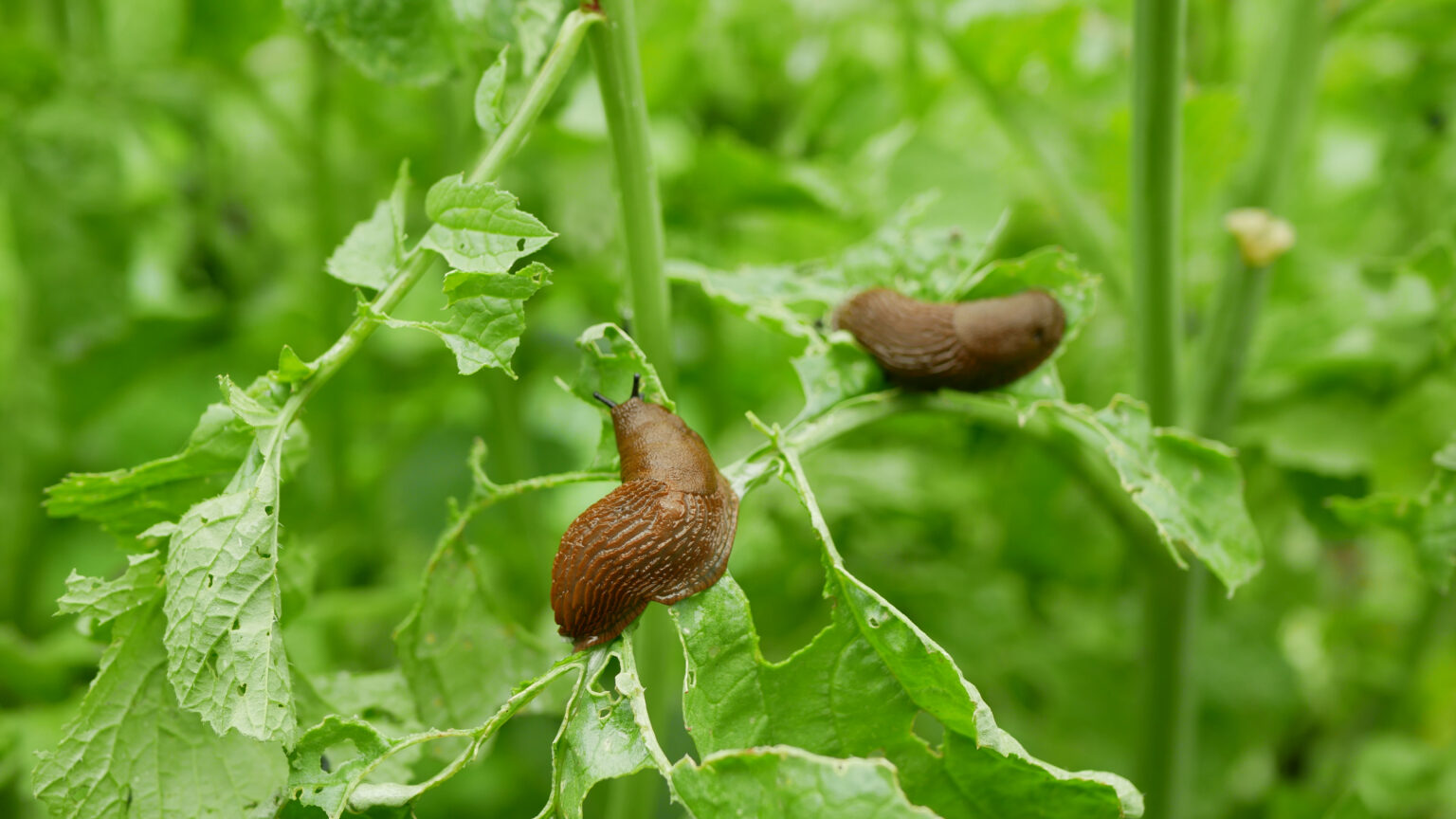If you have a garden, you may have encountered the common garden pest: slugs. While they can be helpful in small numbers, a slug infestation can cause serious damage to your plants. Slugs feed on a variety of plants, including vegetables, fruits, flowers, and ornamentals, and can spread diseases between plants. Fortunately, there are ways to eliminate slugs from your garden and protect your plants.
We will share tips on how you can get rid of slugs in your garden and keep your plants healthy and thriving.
Natural Methods to Get Rid of Slugs
If you’re dealing with a slug infestation in your garden, there are several natural methods you can use to get rid of them. Here are five effective methods you can try:
Remove Slugs by Hand
One of the most effective ways to get rid of slugs is to remove them by hand. Put on a pair of gloves and get a bucket of soapy water. Head out to your garden in the early morning or at dusk and look for slugs. Slugs love cool, moist places. Look under rocks, mulch, leaves, around the base of plants, and under pots. Pick up the slugs and place them in the soapy water to kill them. Or, you can relocate them to other outdoor areas where they cannot do much harm.

Use Crushed Eggshells and Coffee Grounds
Another effective slug solution is to use natural materials that deter slugs in your garden. Crushed eggshells and coffee grounds make excellent slug repellents. Simply add either (or both) of these items to your garden soil, and their rough texture will prevent slugs from being able to move around in your garden. Eggshells and coffee grounds are compostable items that can improve your soil as well, so you’ll actually be doing your garden two favors!

Make a Beer Trap
Beer traps are easy-to-make devices that entrap and kill slugs. All you need are small containers and some beer to make them. Simply fill a small container with beer and bury it in the garden so that the rim is at soil level. Slugs are attracted to the yeast, fall in, and drown. This method, while a bit grim, can be quite effective.

Lure Natural Predators That Eat Slugs
You can also attract natural predators that feed on your garden slugs. Ground beetles and rove beetles, firefly larvae, frogs, toads, salamanders, ground-foraging birds like thrushes, robins, starlings, and ducks, and small mammals like hedgehogs, shrews, and even some rodents like mice and voles feed on slugs. To attract these creatures to your garden, you can put out logs or small rock piles for shelter. A small pond or birdbath can attract birds, frogs, and toads to your garden. You can also grow various plants, including flowers, to attract beneficial insects.
Use Well-Draining Soil
Maintaining your garden by using well-draining soil and allowing the soil to dry out fully between watering also helps get rid of slugs. The slimy critters are attracted to moisture, so improving drainage and preventing pileups of cool, damp places to hide help ward off slugs. Keep your garden clear of debris and organic matter to prevent slugs from finding sanctuary.
Chemical Methods to Get Rid of Slugs
If natural methods have failed to eliminate your slug problem, chemical options may be necessary. However, it is important to note that many chemicals that kill slugs can also harm beneficial creatures in your garden and pose a threat to pets and wildlife. Therefore, it is recommended to use environmentally-friendly options like baits with iron phosphate.
Iron phosphate baits are toxic to slugs but safer for other wildlife and pets. Sprinkle the baits during the evenings as slugs are more active at night. Take precautions and follow all safety guidelines when using chemical slug control methods. If you have any doubts about the safety or method of using a particular chemical, consult a pest control expert for help.
How to Prevent Slugs Naturally
Slugs can be a nuisance in your garden, but there are natural ways to prevent them from infesting your plants. Here are some tips to help create an environment that is unfriendly to slugs:
- Use well-draining soil: Slugs love cool, moist places, so using well-draining soil can help prevent them from settling in your garden.
- Keep your garden clear of potential slug shelters: Remove any debris, fallen leaves, or weeds where slugs can find shelter. Cultivating the soil regularly can also help by bringing slug eggs to the surface, exposing them to predators and the elements.
- Plant slug-resistant plants: Consider planting ferns, lamb’s ears (Stachys byzantina), or foxgloves (Digitalis), which have textures that slugs find unpleasant to crawl on. Certain herbs like rosemary, thyme, lavender, and sage have strong scents that repel slugs. Vegetables like Swiss chard and kale have a bitter taste that discourages slugs.
- Use slug-repellent plants: Choose a slug-repellent plant that will fit into your garden and environment for a natural slug deterrent. Some options include asters and ferns, which can reduce the overall appeal of your garden to these pests.
By implementing these natural methods, you can create a garden environment that is less attractive to slugs and prevent future infestations. Remember to maintain a clean garden by removing debris and cultivating the soil regularly to expose slug eggs to predators and the elements.
Frequently Asked Questions
If you’re dealing with a slug infestation in your garden, you may have some questions about how to handle the situation. Here are some frequently asked questions about slugs in gardens:
| Question | Answer |
|---|---|
| How do I know if I have slugs in my garden? | Look for irregular holes in leaf surfaces and shiny slime trails on your plants and soil, which are telltale signs of a slug infestation. Slugs are most active at night, so you may not spot them during the day. |
| What plants are most susceptible to slug damage? | Slugs are attracted to plants with tender foliage, such as lettuce, hostas, and strawberries. They also like to feed on seedlings. |
| How can I prevent slugs from damaging my plants? | There are several ways to prevent slug damage, including removing debris and hiding spots in your garden, using copper barriers around vulnerable plants, and applying slug-repelling substances such as diatomaceous earth or coffee grounds. You can also encourage natural predators of slugs, such as birds, to visit your garden. |
| Are slugs harmful to humans? | While slugs can carry and transmit diseases between plants, they are not harmful to humans unless ingested. However, you should always wash your hands after handling slugs or working in a garden where slugs are present. |
| Can I use pesticides to control slugs? | Pesticides can be effective in controlling slugs, but they can also harm beneficial insects and other wildlife in your garden. Consider using natural methods of slug control before resorting to pesticides. |
By following these guidelines, you can reduce the damage caused by slugs in your garden and enjoy a healthy, thriving outdoor space.









